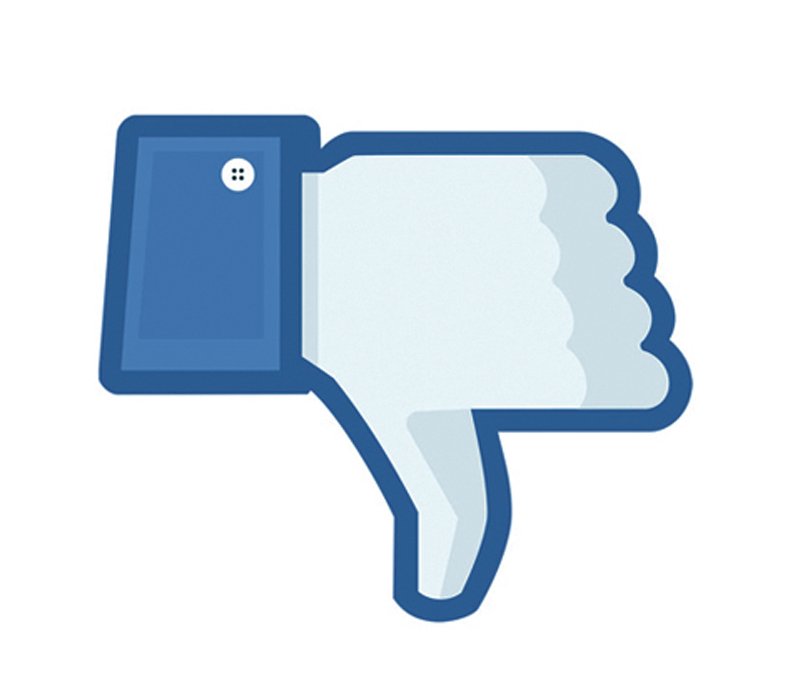
"We found evidence that Internet and Facebook related stimuli can distort time perception due to attention and arousal related mechanisms," said the study by researchers from University of Kent in England.
Most Facebook posts inspired by envy
The researchers found that the way people perceived time varied according to whether their internet use was specifically Facebook related or more general.
Using well-established internal clock models, the researchers attempted to separate the roles of 'attention' and 'arousal' as drivers for time distortion.
In the study, Lazaros Gonidis and Dinkar Sharma monitored the responses of 44 people who were shown images for varying degrees of time.
While some of the images were associated with Facebook, another set had more general internet associations with yet another set as neutral 'control' images.
For a happier life, give up Facebook
Those taking part had to say whether the image they had just seen had been visible for a short or long time.
The key finding was that people tended to underestimate the time they had been looking at Facebook-related images to a greater extent than other more general internet related images, but that in both cases time was underestimated.

















COMMENTS
Comments are moderated and generally will be posted if they are on-topic and not abusive.
For more information, please see our Comments FAQ